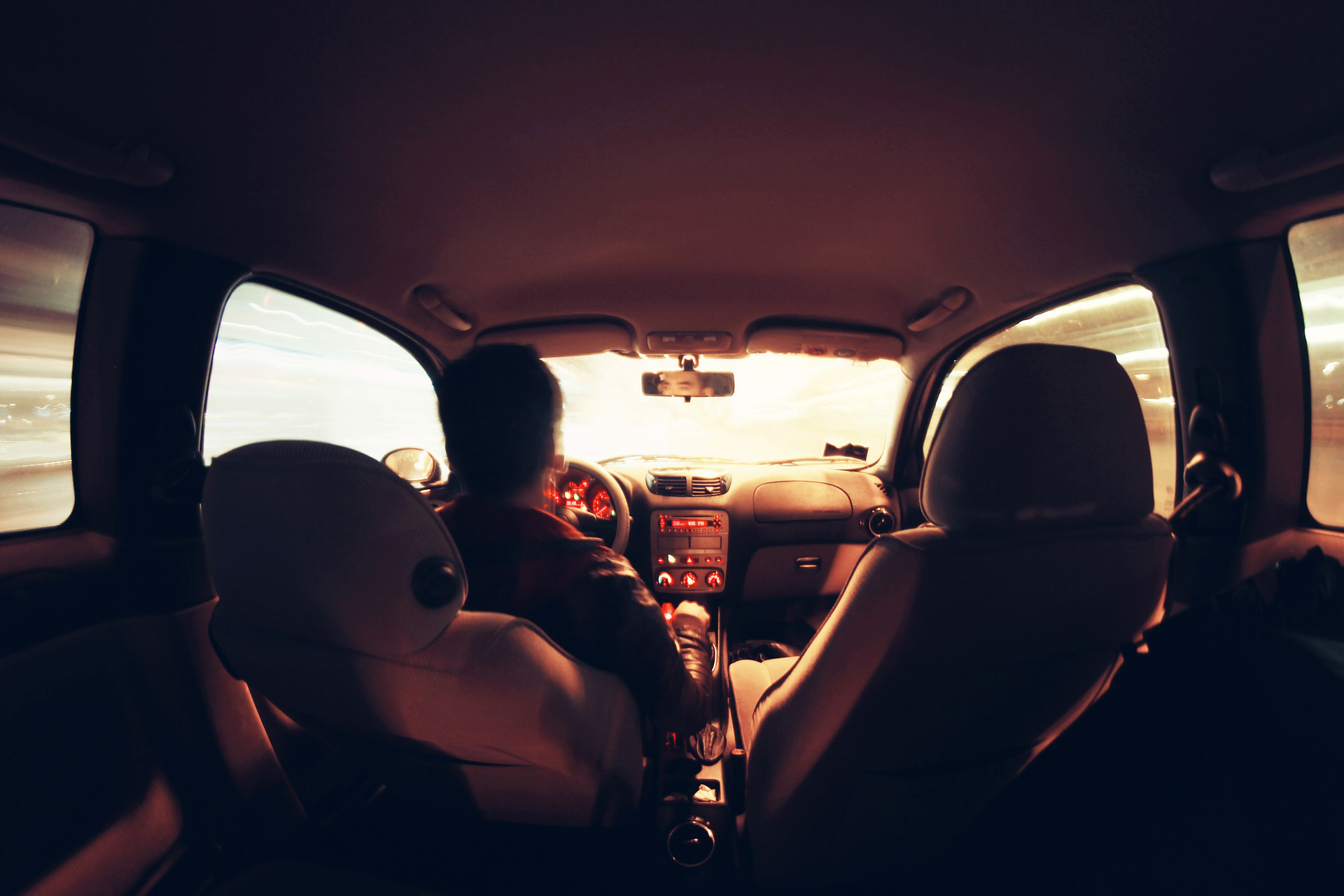The Impact of Peer Approval on Driving Behaviour

The need for peer approval can significantly influence driving behaviour, often leading to risky actions. Drivers, especially younger ones, may feel pressured to impress friends or conform to group behaviours, which can result in dangerous driving practices.
Key points to consider:
Influence of Passengers: The presence of peers can lead to distractions or encourage reckless behaviour such as speeding, aggressive driving, or ignoring traffic rules.
Social Pressure: Drivers may take unnecessary risks to gain approval or avoid criticism from friends, increasing the likelihood of accidents.
Decision-Making: Peer influence can impair judgment, leading drivers to make unsafe decisions they wouldn’t normally consider if driving alone.
To promote safer driving habits:
- Awareness: Recognize the impact of peer pressure on driving behaviour and stay mindful of its influence.
- Confidence: Develop confidence to make safe driving choices, regardless of peer opinions.
- Communication: Encourage open discussions about safe driving practices within peer groups.
- Responsibility: Prioritize safety over seeking approval, understanding that responsible driving benefits everyone on the road.
By managing the need for peer approval and focusing on safe driving, drivers can reduce risks and promote a safer driving environment.
